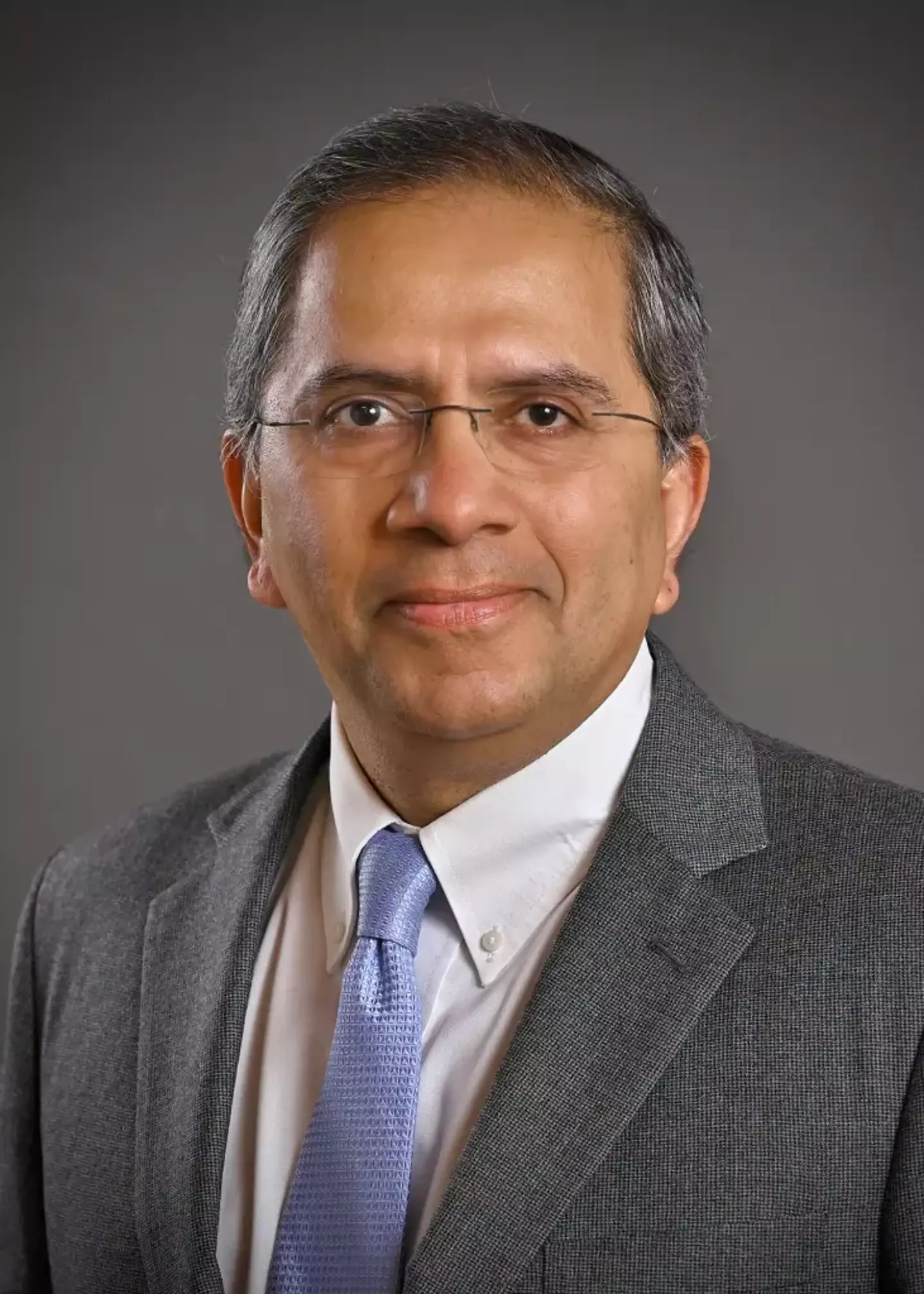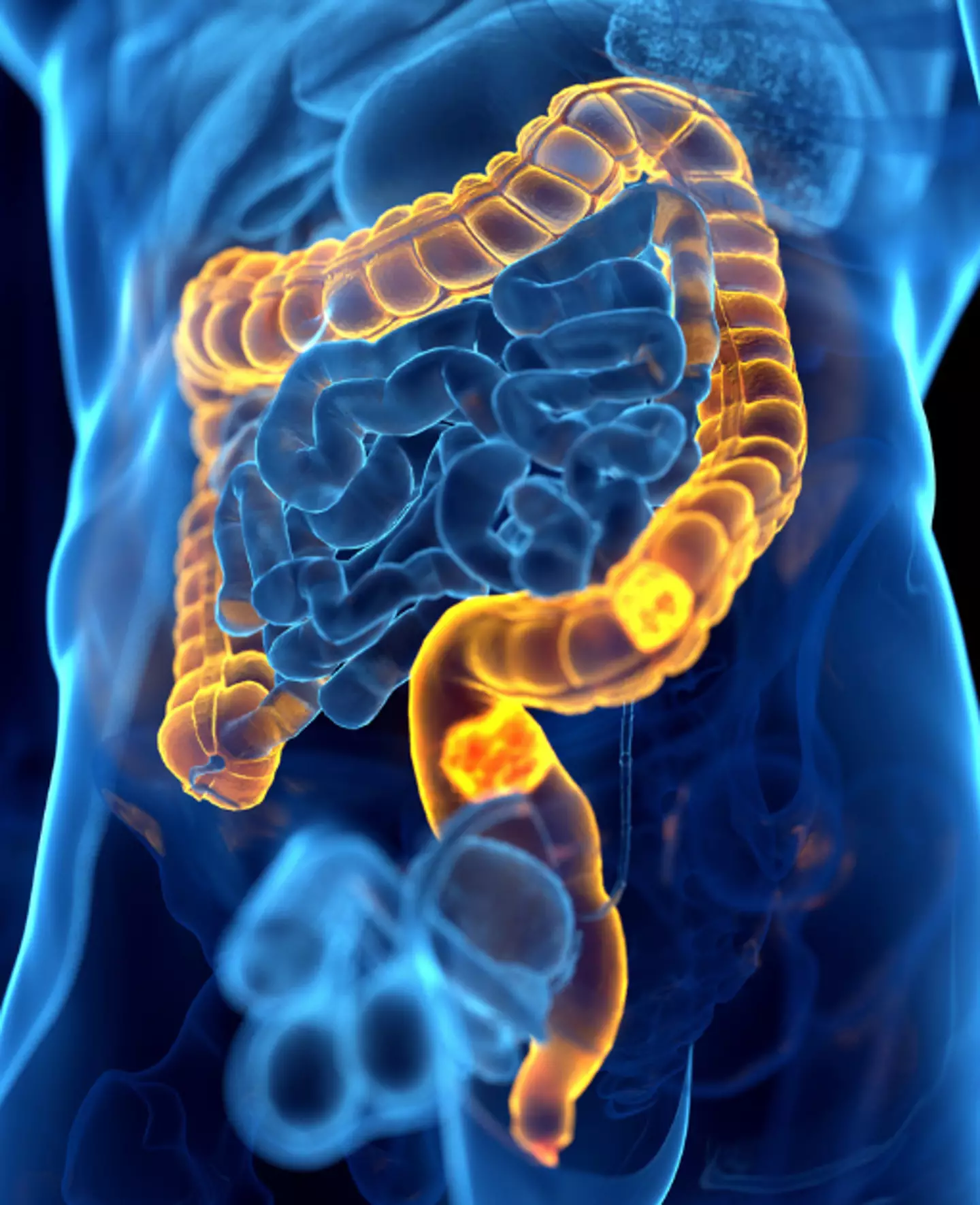As cases of colon cancer rise alarmingly among adults under 50, a leading surgeon has shared one critical piece of advice to help detect and prevent this potentially life-threatening condition. Dr. Parul Shukla, a renowned colon and rectal surgeon with Northwell Health, has stressed the importance of early screening and open family communication about health histories. With the stakes higher than ever, understanding and acting on his advice could save lives.

Understanding Colon Cancer: A Growing Concern
Colon cancer, also referred to as bowel cancer, develops in the large intestine and ranks as one of the most common cancers worldwide. According to the World Cancer Research Fund, it is the third most prevalent cancer globally. Alarmingly, cases among younger adults, particularly those aged 20–50, have been on the rise, as reported by Cancer Research UK.
Why is this happening? While the exact reasons remain unclear, lifestyle factors like poor diet, lack of exercise, and increased exposure to environmental toxins may contribute. Regardless of the cause, one thing is clear: early detection is key to improving outcomes.
Dr. Shukla’s Golden Rule: The Power of Early Screening
Dr. Shukla emphasizes that colonoscopies should not wait until the traditional screening age of 50. Instead, individuals should consider starting screenings by age 45—or even earlier if there’s a family history of colon cancer.
He advises families to have open conversations about their medical histories, saying, “Don’t be shy to discuss the findings of your colonoscopy with your children or siblings. You might save a life.” A parent’s diagnosis of an advanced adenoma, a type of precancerous polyp, could signal that their children or siblings should begin screenings 5 to 10 years earlier than usual.
Dr. Shukla also highlights an alarming trend: among younger adults, women are now developing colorectal cancer at higher rates than men, a reversal of historical patterns. “It’s a frightening statistic,” he admits, further underscoring the need for vigilance.
Recognizing the Warning Signs of Colon Cancer
Early detection isn’t just about screenings. Being aware of the symptoms of colon cancer can also make a significant difference. According to the NHS, common symptoms include:
- Changes in bowel habits, such as diarrhea or constipation.
- Blood in your stool, which may appear bright red or black.
- Rectal bleeding.
- Persistent abdominal pain or cramping.
- A feeling that your bowels are not completely empty.
- Unexpected weight loss.
- Fatigue without an obvious cause.
- Bloating or a lump in the abdomen.
These symptoms can sometimes be dismissed or mistaken for less serious conditions. If they persist or worsen, it’s critical to consult a healthcare provider immediately.
Breaking the Stigma Around Colonoscopies
Colonoscopies often come with a stigma or fear that prevents people from getting screened. However, Dr. Shukla stresses that this procedure is vital for identifying and removing polyps before they turn cancerous. It’s quick, safe, and often life-saving.

He advocates for normalizing discussions about colonoscopies, saying, “If you don’t mind, tell your family members what’s going on. This could impact their screening age and potentially save their lives.” By making these conversations part of routine family health discussions, we can foster a culture of prevention and awareness.
Lifestyle Changes to Lower Your Risk
While screenings are essential, adopting a healthy lifestyle can also reduce your risk of developing colon cancer. Here are some actionable steps you can take:
- Eat a Balanced Diet: Focus on fiber-rich foods like fruits, vegetables, and whole grains. Limit red and processed meats, which have been linked to increased cancer risk.
- Stay Active: Regular physical activity helps maintain a healthy weight and supports overall digestive health.
- Quit Smoking: Smoking increases your risk of many cancers, including colon cancer.
- Limit Alcohol Consumption: Excessive alcohol intake has been linked to a higher risk of colorectal cancer.
- Manage Stress: Chronic stress can weaken your immune system and disrupt digestion, potentially increasing your risk.
The Importance of Regular Health Check-Ups

Regular check-ups with your doctor can help detect potential issues early. If you have a family history of colon cancer or other risk factors, such as inflammatory bowel disease, it’s crucial to share this information with your healthcare provider. They can tailor a screening plan that meets your specific needs.
The Bottom Line: Awareness Saves Lives
Colon cancer doesn’t discriminate by age, and rising cases in younger adults are a stark reminder of the need for proactive measures. By following Dr. Shukla’s advice—prioritizing early screenings, sharing family medical histories, and maintaining a healthy lifestyle—you can significantly reduce your risk.
So, what’s the key takeaway? Don’t wait. Take control of your health today. Schedule that screening, have those important conversations, and make choices that prioritize your well-being. Together, we can confront the rising tide of colon cancer and save lives.


